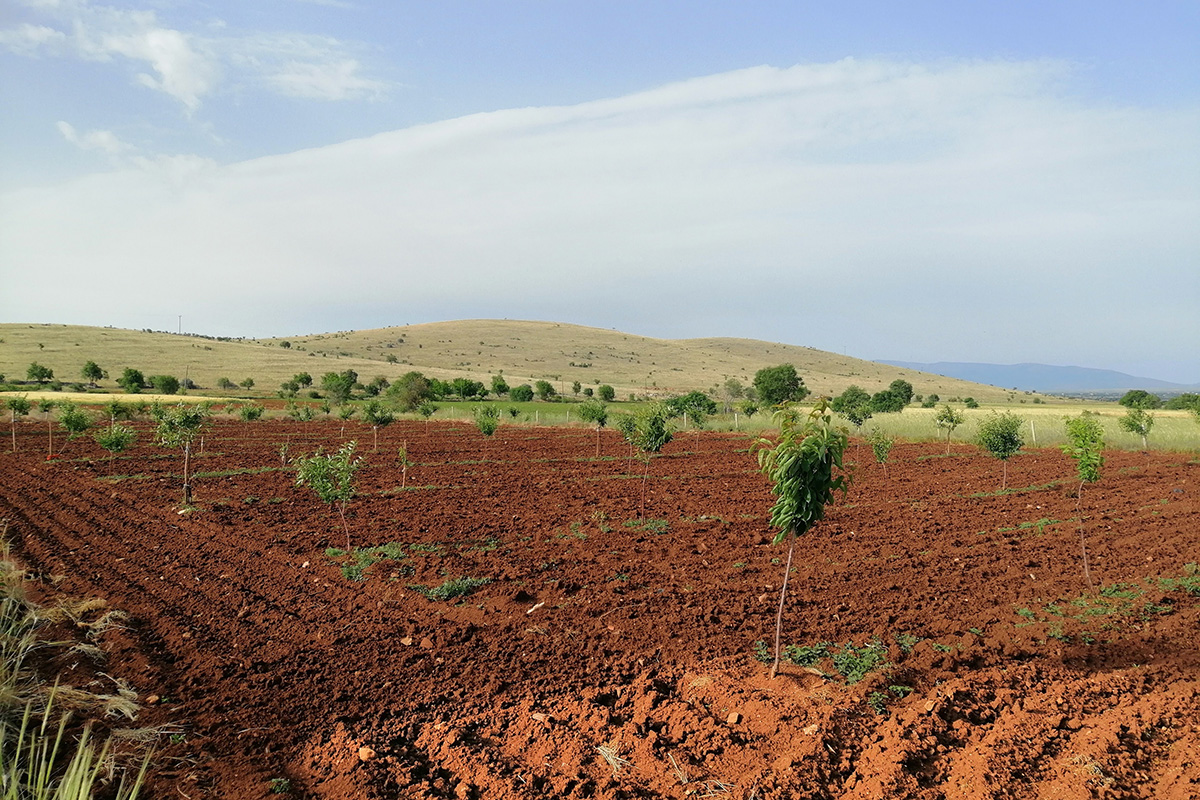Opinion: The return of stolen assets requires innovative thinking, dialogue and collaboration

Claims that Switzerland is “paternalistic” in its approach to returning stolen assets to their rightful countries are simplistic, argues Senior Asset Recovery Specialist Oscar Solórzano in this opinion article for Swiss news and information platform Swissinfo. The article is available on the Swissinfo site in German and Spanish.
Switzerland is sometimes criticised for having a “paternalistic” approach to international asset restitution, as discussed in a recent article by Sibilla Bondolfi.
This criticism relies on a simplistic and misleading story of how “typical” international asset recovery works. It goes like this:
An unscrupulous politician in a developing country steals money from the public coffers and stashes it in an international financial centre. There are mansions, yachts, bank accounts, luxury cars and other caprices. At some point, the financial centre decides to return what is left.
Several emblematic cases, including those of Marcos (Philippines), Abacha (Nigeria) and Fujimori (Peru), display some of these features. But life and the law are more complicated.
There is no "normal" way to return stolen assets
First, asset restitution is a fast-evolving field with significant variation over time and geography.
While the return of stolen assets is a fundamental principle under the United Nations Convention Against Corruption (UNCAC), it sets only a few ground rules.
For example, it provides for states to voluntarily conclude agreements, on a case-by-case basis, for the final disposal of confiscated assets. It thus leaves considerably discretion to the concerned states to agree on the terms of the restitution. In this context, asking what a "normal" asset restitution process looks like is akin to asking what "normal" clothes look like.
UNCAC nevertheless establishes two key criteria that from a legal standpoint have an impact on the asset return processes.
- Firstly, it differentiates between situations in which the final confiscation order is issued by the judicial system of the victim state and situations in which the recipient state, i.e. the state where the assets were found, waives the need of a final confiscation order to return the illicit assets.
- Secondly, it differentiates whether the assets to be returned are the proceeds of embezzlement or other forms of corruption. If the proceeds were embezzled public money, the victim state has an absolute right to restitution. For any other offence, restitution will depend on the capacity of the victim state to unravel the facts of the case, which is often challenging for international corruption and money laundering schemes.
A collaborative process, not a unilateral return
The second important feature of asset return is that victim states of corruption can and should be valid and proactive counterparts through cooperation and dialogue.
Asset restitution is not simply about a powerful financial centre giving back money to a victim state. Rather, I see it as a collaborative process in which all states involved must show great maturity in order to achieve a common goal: restorative justice.
However, not all victim states have the capacity (yet) to play their part in the restitution process in full. In such situations, legislation in place in Switzerland allows it to return illicit funds in some scenarios without any need for a confiscation order in the victim state.
This legislation is considered to be highly innovative and a sign of great willingness on the part of Switzerland to recover and return stolen assets.
From "victim" states to proactive partners
That being said, many victim states have significantly improved their capacity to recover illicit assets in recent years. By applying their own laws and processes, they are now more frequently able to issue final confiscation orders, which they then seek to enforce through international judicial cooperation in order to have the money returned.
This is the scenario in the international asset recovery cases in which I have been involved between Peru and various financial centres, including Switzerland.
The ability of victim states such as Peru to investigate, prosecute and execute judgements in complex corruption and money laundering cases is a clear testimony of progress in the country’s judicial system. It is precisely what is needed to turn the "victim" into a proactive partner and empowers it to take a stronger role in determining how the returned funds will be used.
Dialogue is worth the extra time
This is a very positive development. But of course, a dialogue is always more complex than a “monologue” and usually takes more time too. The increased complexity – often resulting in the process needing more time – is however easily offset by the great potential inherent in this form of dialogue for advancing asset recovery and cooperation. It enables the states to understand each others' priorities, resolve legal loopholes and reconcile their interests.
This was very much understood and wanted by Peru in the restitution process described in the above-mentioned article. In fact, Peru early on took the first step to request a dialogue with Switzerland to discuss modalities for the return of the stolen assets when it became clear that confiscation was possible.
This form of dialogue is also key to mitigate the political risks that restitution may entail. After all, the ups and downs of politics are common in many victim states, and in recent times Peru is no exception.
Asset return in practice: a tripartite agreement
The third aspect is how this looks in practice. The recent tripartite agreement on asset restitution between Peru, Switzerland and Luxembourg has drawn attention and, in the above-mentioned article, some unhelpful sneers about corruption in Peru's justice system and how Switzerland is "planting saplings" in Peru to clear its guilt.
This is unfortunate because the tripartite agreement, which covers nearly USD 28 million from a complex of cases relating to Fujimori, is a good illustration of close cooperation between states, in a collaborative spirit, aimed at combining various political interests and achieving the common goal of justice.
The returned assets are not being spent on saplings but on further strengthening the national asset recovery system and criminal prosecution in Peru.
A positive precedent for asset restitution
Did Switzerland (or Luxembourg) impose this on Peru and thus is behaving in a neo-colonial way? No, really not.
The proposal to use the funds for this purpose was made by the Peruvian counterparts, and notably the prosecuting and judicial authorities. They know best where the country is weak and where the money can be put to good use. That is what the returned funds will go towards, used and administered by Peruvian authorities.
In my opinion, this restitution agreement is a powerful symbol in many ways and should be considered an example for others to follow.
Using the money to strengthen the victim state’s asset recovery system is an expression of recognition of the considerable efforts and progress already made by Peruvian investigators, prosecutors and judges, who bravely tackle complex cases involving high-level criminals despite challenging conditions and scarce resources.
By investing the returned money into these institutions, the money further serves to multiply the impact of the return, as we expect the reinforced institutions to continue and scale up their asset recovery efforts.
The value of asset recovery goes far beyond the money
It is also a powerful reminder that asset recovery is not only about returning money, but it is about healing historical wounds, restoring credibility to justice institutions and building a stronger future with less corruption.
Because indeed, USD 28 million compared to the Peruvian GDP is only a tiny sapling in a large forest. Given that, what better than to plant it somewhere it can thrive and be seen to bear fruit.



